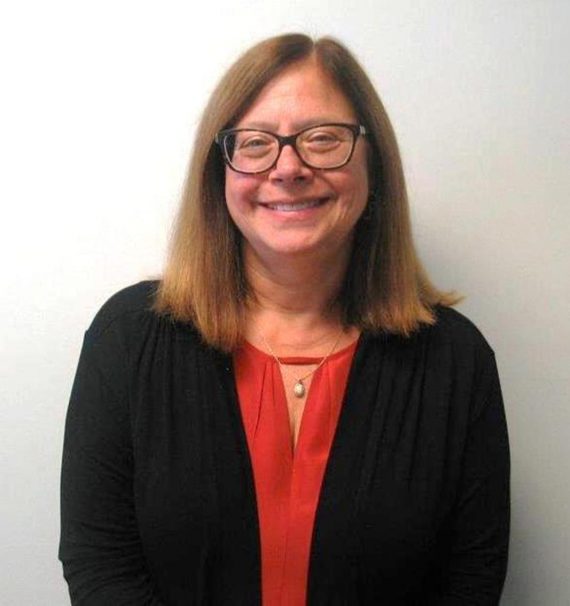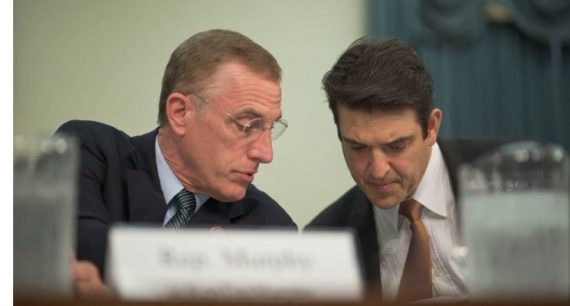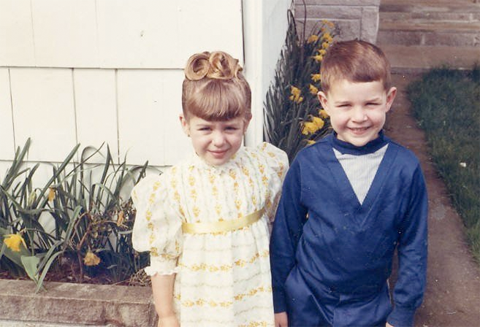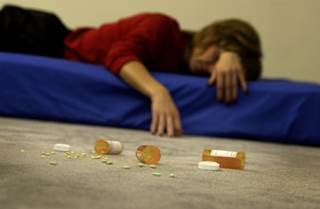
(4-21-17) The White House announced late tonight that it had chosen Dr. Ellie McCance-Katz, as the first Assistant Secretary for Mental Health and Substance Abuse inside the Department of Health and Human Services ending months of speculation about who would be selected.
The announcement came after much speculation that Dr. Michael Welner, a forensic psychiatrist, would be chosen. As early as yesterday, some of my sources in the Senate were saying that Welner had a “lock” on the job. He had been endorsed by the American Psychiatric Association.
Dr. McCance-Katz is currently the chief medical officer for the state Department of Behavioral Healthcare, Developmental Disabilities and Hospitals in Rhode Island.
She became SAMHSA’s first chief medical officer in 2013 but left after only two years.
In a critical essay published in the Psychiatric Times, Dr. McCance-Katz wrote that SAMHSA’s Center for Mental Health Services, which administers federal mental health programs, ignored serious mental illnesses and evidenced based practices in favor of feel-good recovery programs that were politically popular but did little to help persons diagnosed with debilitating disorders.
She claimed that SAMHSA was openly hostile toward the use of psychiatric medicine, didn’t focus on helping the seriously mentally ill, and questioned whether bipolar disorder and schizophrenia were even real, arguing that psychosis is just a “different way of thinking for someone experiencing stress.”
The former SAMHSA critic will now oversee the agency and will be responsible for implementing the Helping Families In Mental Health Crisis Act that was pushed through Congress by Republican Rep. Tim Murphy of Pennsylvania.






